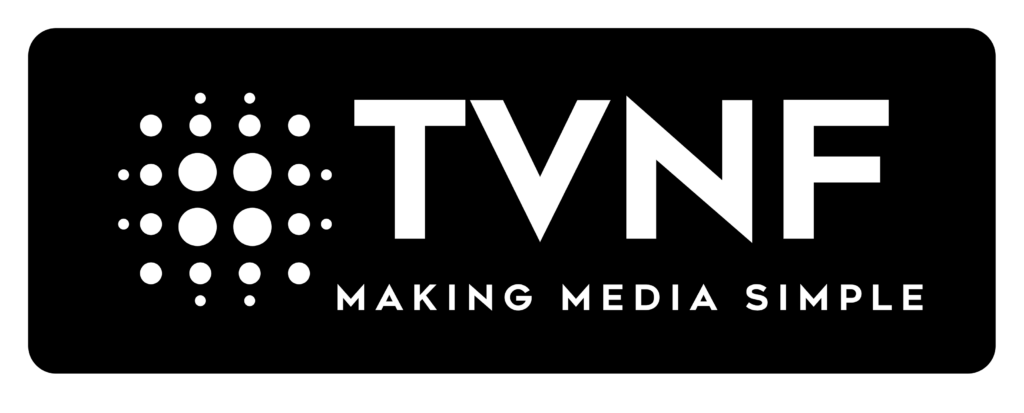Enhancing Patient Care with AI Avatars: Opportunities and Challenges for Healthcare Professionals

In the rapidly evolving landscape of healthcare, AI avatars present a promising solution for private healthcare clinicians and NHS professionals. These digital assistants can revolutionise patient communication, education, and support, addressing the challenges of limited clinician time and the complexities of an international, multilingual society. However, the adoption of AI avatars also brings challenges related to realism, security, and patient confidentiality.
Healthcare professionals often face the challenge of limited time to communicate and educate patients. Studies show that clinicians spend only about 27% of their time on direct patient care.
Realism and Patient Engagement
One of the key challenges in using AI avatars is ensuring they appear realistic and engaging, rather than robotic. Research indicates that patients are more likely to engage with avatars that exhibit human-like qualities.
Advances in AI technology, such as natural language processing and facial recognition, are making avatars more lifelike and capable of mimicking human interactions. However, continuous improvement is needed to enhance their realism and effectiveness. Their service can faithfully mirror the voice and mannerisms of the consultant, ensuring avatars appear with a 'human touch'.
The use of AI avatars in healthcare also raises concerns about security and patient confidentiality. Ensuring that AI systems comply with data protection regulations, such as GDPR, is crucial. AI avatars must be designed to handle sensitive patient information and maintain confidentiality securely. Implementing robust encryption and secure data storage solutions can mitigate these risks. Companies like MirrorMeAI have released blockchain-secured AI avatars to address these security challenges.
Healthcare professionals often serve a diverse patient population, making communication in multiple languages essential. AI avatars equipped with advanced translation capabilities can facilitate communication with patients who speak different languages. This technology can translate medical information, treatment plans, and patient queries in real-time, improving accessibility and understanding. MirrorMeAI avatars can present information in any of 150+ languages, making them highly versatile for diverse patient populations.
Useful Statistics on The Potential Impact of AI on Medical Care
- AI Adoption: 75% of leading healthcare companies are experimenting with or planning to scale generative AI across their enterprises
- Patient Engagement: Personalised AI-driven interactions can increase patient engagement rates by up to 60%
- Time Efficiency: AI tools can reduce administrative tasks for clinicians by up to 70%, allowing more time for patient care
- Multilingual Support: AI translation tools can reduce translation costs by up to 40% and improve communication efficiency
- Market Growth: The global AI in healthcare market is expected to reach $45.2 billion by 2026, growing at a CAGR of 44.9% from 2021
- AI in Diagnostics: AI can improve diagnostic accuracy by up to 20%, reducing the likelihood of misdiagnosis.


